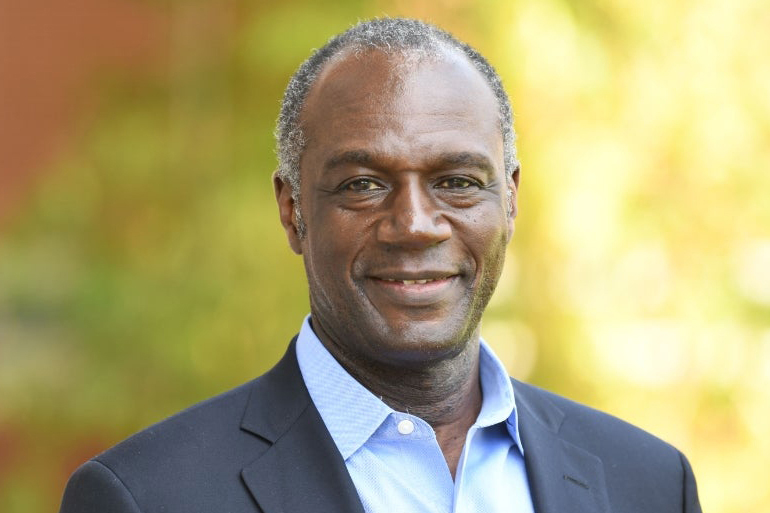Kofi Appenteng Talks East End Equality Education for Black History Month

While mainstream media slowly makes strides to tell more inclusive stories, the American education system is lagging behind. As it stands, most students can graduate high school and college having learned little to nothing about Africa’s history, key players and rank as both the second fastest-growing region in the world and the youngest population, with 60% of the continent’s citizens below age 25. More importantly, young students are missing out on empowering, inspirational stories of Afro-descendants who’ve made great contributions to science, technology, art and music. Kofi Appenteng, president of Africa-America Institute (AAI), is working to correct this critical curriculum shortcoming. As part of Bridgehampton Child Care & Recreational Center’s Thinking Forward Lecture Series, Appenteng will kick off Black History Month with “Equality Matters in the Hamptons” on Saturday, February 1 at 5 p.m.
Born in Ghana, Appenteng’s parents enrolled him at a boarding school in the United Kingdom at age 5. There, he quickly learned that blending in wasn’t an option. “Most of the life I can remember, I was always different than the people I was in school with—I was the African in the class,” he remembers. “I was in schools where, if there was another Afro-descendant, it was probably an older or younger brother of mine.” As he grew up, he yearned for a community he could belong to, so when he discovered that African Americans had banded together in the Civil Rights Movement, he set off for Connecticut’s Wesleyan University in 1977. Appenteng spent 30 years as a corporate lawyer, investment banker and board director, and he was the first African to become the Ford Foundation’s Chair of the Board. The Carnegie Corporation acknowledged his work in business and philanthropy by naming him a “Great American Immigrant” in 2013.
When Appenteng became president of AAI in 2016, he set out to increase engagement between Africans and Americans on issues of global consequence. His dreams for the organization grew bolder as he learned more about the men who founded AAI in 1953—Dr. Horace Mann Bond, the first black president of Lincoln University, and William Leo Hansberry, a Howard University professor credited with creating African Studies in the U.S.—and their ambitions to aid African states struggling for independence with the help of supporters from the U.S. and Caribbean. “Lots of people all over the world are much more interested in Africa and Afro-descendants, in every sphere of life,” he says. “It’s really opened up a lot of possibilities for what we can do.”
AAI’s top initiative is to bring Africa and Afro-descendants into the core curriculum of schools in the U.S., Europe and even Africa, where much of the history continues to focus on European colonizers. “I’m really happy we have a Black History Month, because it’s progress, but it’s one month in the year,” Appenteng says. “No matter your background, if you want to be prepared for the world, you need to know about the world and your place in it.” He clarifies that much of the change needed in schools will not come from the federal government, it will come from impassioned teachers and parents who will lead their communities in preparing the youth of today to be inclusive global citizens.
“I meet young people who are hungry for this kind of change, and I meet people who are 80 years old who’ve been arguing for these kinds of things for 50 years. When I can get those kinds of people together and let them know that they’re not alone and that we can work together on changing things, it’s really satisfying,” Appenteng remarks. “I hope that through my work at AAI, I will be able to change some hearts and minds and get some change happening in local communities and local schools. If we can do that, I’ll be really proud to have been part of it.”
Learn more about the Africa-America Institute at aaionline.org and RSVP to Kofi Appenteng’s February 1 lecture by calling 631-537-0616 or by emailing info@bhccrc.org.






